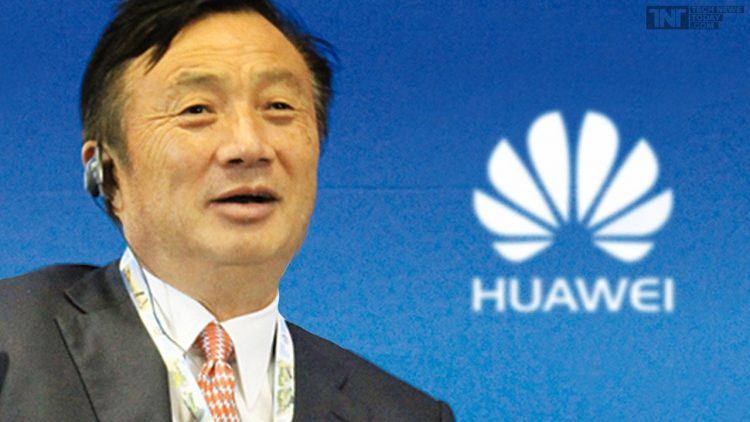
After listing the company, together with its affiliates, in the so-called Entity List, Huawei’s definite dream to become the number one smartphone company was derailed by the US government.
Since then, the US government has continuously added more restrictions that have greatly impacted the Chinese technology company.
Huawei’s response to allegations that its network technology equipment could be used for espionage by its local government has stayed the same all through. But as the company fought the US government, it was also forging survival ways to survive the massive pressure, according to a recently published June 2020 speech.
Ren Zhengfei, Huawei’s founder and CEO, called for decentralization, among other things, to help stay afloat. He said the company should assign more duties to local offices.
“Battlefield commands shall be made by those who can hear the sound of gunfire,” Ren said using military terminology, which can be traced to the time he served in the People’s Liberation Army.
In his June speech, Ren also urged the company to simplify product lines, maintain pay levels for 3-5 years, and focus on generating profit.
Huawei’s globalization efforts were slowed down by the US ban, which prevented the company from using US technology in its products unless issued with licenses.
Ren also reveals how the Chinese tech company was forced to go back to the basics: making its production lines.
“There’s a big mismatch between our ability and strategy,” Ren said. “It’s our weak link, and we are forced to start from the beginning like elementary school students.”
He urged employees not to give up on the company’s globalization efforts or get upset over “temporary US pressure.”
“There’s no future without embracing globalization [in development and research],” Ren said. Huawei’s massive investment in research and development will continue unshaken, despite its tough business environment plus the fact that 60% of all the $20 billion R&D budget is wasted.
The company had given itself few years to become the top smartphone maker globally, but Ren’s June speech suggests they’ve been forced to backtrack on their most ambitious goals.
“… we don’t have the conditions to always fight to be No 1,” Ren said. “We must create value and reasonable profits to ensure healthy growth.”
Huawei was ranked as the world’s largest telecom equipment maker as of February 2019.
According to Ren, the US government, spearheaded by Donald Trump at the time, wanted nothing but to kill Huawei.
“At the beginning, we thought we might have done something wrong in compliance, and we carried out self-examination; but then the second blow and third blow followed,” Ren said.
“Then we realized that they want our death … but the desire to survive has also motivated us”.
The US government has repeatedly cited Huawei as a national security threat. It has extended the fight to other Chinese tech companies, recently further escalating the technology war between the two countries.
A recent report expects Huawei’s smartphone production units to decline significantly due to the US technology export controls imposed on the company and the Honor spin-off.
2020 saw Huawei’s make some bold moves for survival as the pandemic slowed economic activities worldwide and consumer spending on non-essentials reduced.
Huawei sold its budget smartphone brand, Honor, to a consortium of firms last year and shifted focus to other industries, including cloud-services and smart cars.
Follow us on Telegram, Twitter, Facebook, or subscribe to our weekly newsletter to ensure you don’t miss out on any future updates.



